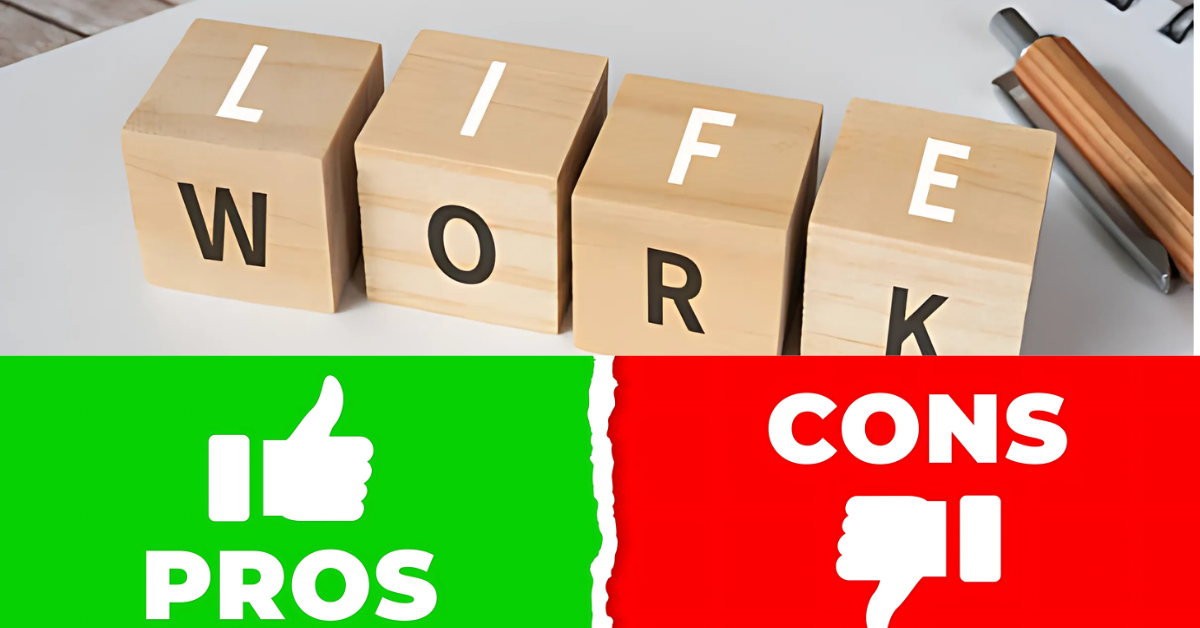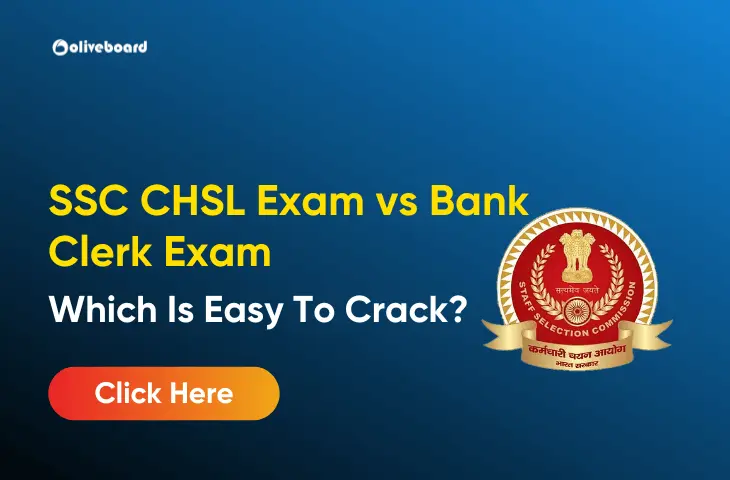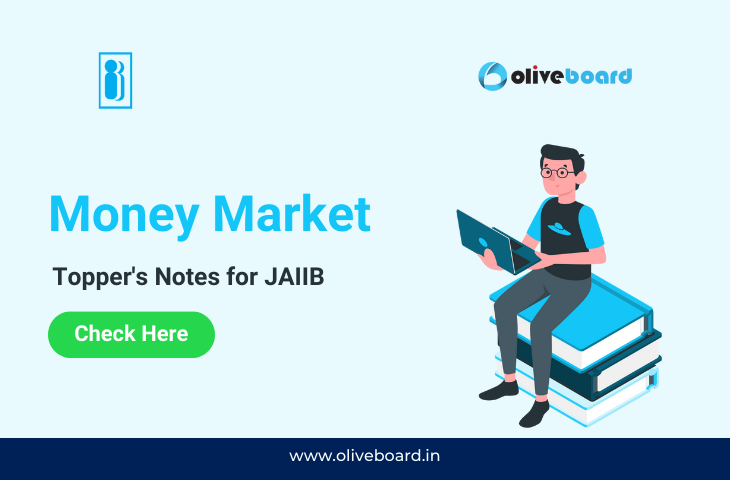Money Market Topper’s Notes for JAIIB: Money Market is a topic in the JAIIB exam. This article provides notes on the various aspects of the money market. Provided by JAIIB Topper Sambita Mitra, these notes will be a valuable resource for your JAIIB Preparation.
Money Market Topper’s Notes for JAIIB: Introduction
A money market is a financial market that deals with debt instruments with a maturity of a year or less than a year that gives a fixed income. People can trade these debt instruments on the stock exchange. The participants in these markets are usually large institutional investors, high-net-worth individuals, banks, etc.
Important Features of Money Markets
- RBI regulates the interest rates of the various instruments of the money market.
- Risk is lesser in the money markets.
- The money market is a part of the larger financial market and consists of numerous smaller sub-markets like bill market, acceptance market, call money market, etc.
- The main instruments of trade in money market deals aren’t money/cash, but other instruments like trade bills, government papers, promissory notes, etc.
- Also, brokers cannot carry out money market transactions. These have to be carried out via mediums like formal documentation, and oral or written communication.
Objectives of Money Markets
- It provides lenders an opportunity to turn idle funds into investments. They also have access to liquidity as these instruments are short-term in nature.
- Provides borrowers with short-term funds at reasonable rates.
- It helps organizations with funds to meet working capital requirements.
- It is important as the source of finance for the government for both national and international trade.
Importance of Money Markets in the Indian Economy
- Since the money market is for short-term transactions it is responsible for the liquidity in the market. This strikes a balance between the demand and supply of monetary transactions in the markets that occurred within less than a year.
- It facilitates funds for businesses which in turn boosts the growth and development of the economy.
- Money Markets also aid the implementation of the monetary policy in the country. It helps with working capital requirements which is responsible for trade in and out of the country.
- The money market mobilizes the capital market by controlling the rate of interest. As the current money market conditions are reflections of the previous monetary policies it also acts as an important guide to devising monetary policies in the future.
Types of Money Markets instruments in India
- Treasury Bills: T-bills are issued at discount and repaid at par on maturity. The Government of India issues T-bills at discounted rates for 14,91,182 and 364 days.
- Commercial Bills: Their operation is similar to that of the bill of exchange. Businesses issue them short-term money requirements that also provide liquidity.
- Certificate of Deposits: It is usually issued through a promissory note and is a negotiable term deposit accepted by commercial banks. The duration of commercial papers is usually from 3 months to 1 year. If issued by a financial institution, then it is for a minimum of 1 year and a maximum of 3 years.
- Commercial paper: Corporates issue CPs to meet their short-term working capital requirements. Hence serves as an alternative to borrowing from a bank. Also, the period of commercial paper ranges from 15 days to 1 year. The Reserve Bank of India lays down the policies related to the issue of CP. As a result, a company requires RBI‘s prior approval to issue a CP in the market. Also, CP has to be issued at a discount to face value. And the market decides the discount rate.
- Call Money: It is a segment of the market where scheduled commercial banks lend or borrow on short notice (say a period of 14 days). In order to manage day-to-day cash flows. The interest rates in the market are market-driven and hence highly sensitive to demand and supply. Also, interest rates have been known to fluctuate by a large % at certain times.
Money Market Topper’s Notes for JAIIB: Conclusion
The money market provides the government with non-inflationary sources of funding. Issuing treasury bills is one way to raise short-term loans. However, this does not result in price increases.
The term “money market” refers to all organizations and institutions that deal with or facilitate dealings in short-term debt instruments. Money markets began as a dull corner of the capital market where three businesses financed short-term trade and working capital many years ago. Since then, they’ve grown in size with the help of securitization and structured finance to rival the volume of credit intermediated through the banking system, taking on massive maturity mismatch, credit risk, and liquidity risk in the process. The disastrous role of money market finance in the credit cycle should prompt a reconsideration of the above permissive regulatory rulings, so that money markets do not become the financial fuel for a future disaster.
Money Market Topper’s Notes for JAIIB Free E-Book Download for JAIIB
Download Money Market Topper’s Notes for JAIIB Free E-Book
Step 1: Click on the download link. You will be taken to Oliveboard’s FREE E-Books Page.

Step 2: Register/Login to the Free E-Books Page of Oliveboard (It is 100% free, You just enter your valid email ID and a password to be able to download the Impact of Globalization on India PDF.
Step 3: After Logging in, you will be able to download the free e-book by clicking on “click here” as shown in the snap below.

JAIIB Handwritten Topper’s Notes by Sambita Mitra
Money Market Topper’s Notes for JAIIB: FAQs
A money markets deal is a financial market that deals with debt instruments with a maturity of a year or less than a year that gives a fixed income.
The main instruments of trade in money market deals aren’t money/cash, but other instruments like trade bills, government papers, promissory notes, etc
Treasury bills, commercial bills, certificate of deposit, commercial paper, call money, etc are types of money market instruments.
- IBPS PO Vacancy 2025 Out, 5208 Vacancies Released, Latest Update

- Effective Study Strategies for the PFRDA Grade A Statistics

- Antonyms for SSC CHSL, Attempt 40 Questions Practice Set & Know Tips

- SSC CHSL Court Clerk Vs Bank Clerk – Which Job is Better? Know Here

- SSC CHSL Vs Bank Clerk Exam, Which Is Easy To Crack? Check Details

- PFRDA Grade A Lifestyle in 2025, Their Growth and Benefits

